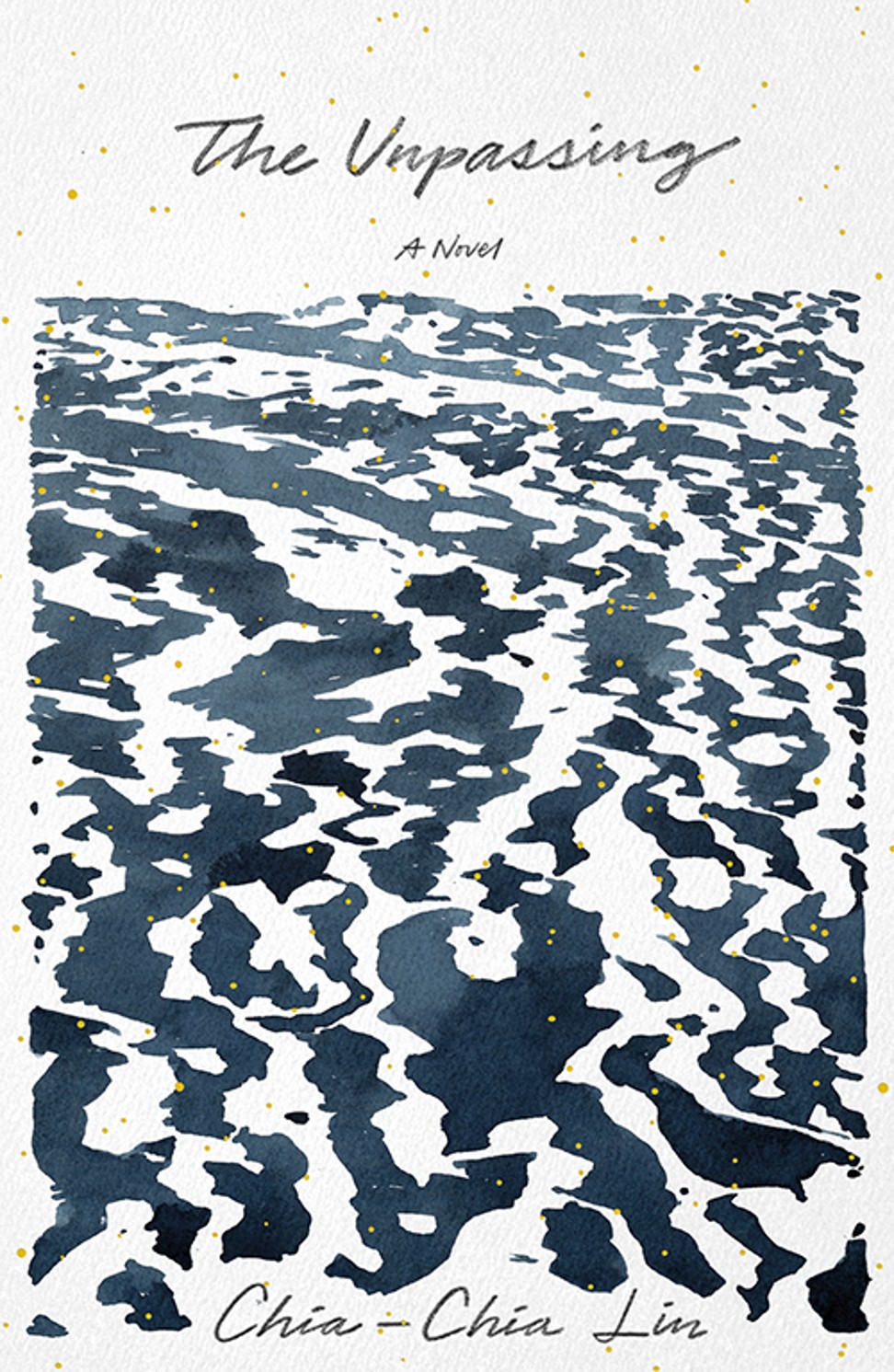
Review | Debut novel of extraordinary promise, tale of Chinese in Alaska seen through a child’s eyes has echoes of Virginia Woolf
- In The Unpassing, San Francisco-based Chia-Chia Lin creates a shadowy world, rich in imagery, atmosphere, and the arbitrariness of life in an unfamiliar place
- Characters are well drawn but plotting is weak in what is an outstandingly evocative literary novel whose prose is accomplished and use of metaphor powerful
The Unpassing by Chia-Chia Lin, pub. Farrar, Straus and Giroux. 3.5/5 stars
The Unpassing comes unusually garlanded for a debut novel, with back-cover blurbs offering high praise from four authors. And first impressions are favourable, with author Chia-Chia Lin skilfully creating an intense, image-rich world.
Events unfold in a hardscrabble village near Anchorage, in the American state of Alaska, in the 1980s, and the wilderness features prominently, setting a psycho-geographical tone. The story is narrated by 10-year-old Gavin, the second of four children in a family of struggling migrants from Taiwan (the others are big sister Pei-Pei, younger sister Ruby and little brother Natty). Gavin’s perceptions colour the narrative and largely dictate the approach of the novel.
The premise of The Unpassing is simple: a family of migrants livesin Alaska, where the educated father (neither parent is named) finds work as a plumber and a contractor. Almost immediately, tragedy strikes, when Gavin and Ruby contract meningitis. Gavin recovers but Ruby dies. The family struggles with grief, financial difficulties and dislocation. The father gets into legal trouble, with harsh financial implications and aftershocks for the family.
Lin possesses a talent for powerful metaphors: the oil pipeline is a “black steel artery”, the sky “turned drab, as though mixed with ash”. She describes “new, dismal clothes” in a cheap shop, a trailer with brown grocery bags taped to the windows in lieu of curtains, a clock that “sliced the silence into uniform lengths”, and the way the children “liked to haunt this spot” in the woods.

The Unpassing is more concerned with situation, atmosphere and allusion than action. Lin uses Gavin’s child’s-eye view to see Alaska’s famous natural environment anew, and to convey events from an oblique, peripheral perspective. There are observations and perceptions, but little guidance: everything is raw, fresh, new.
Even when Gavin falls ill, readers may need to retrace their progress to understand what is happening: “I swallowed, and the spit raked my throat. My eyelids trembled. Light was trying to force its way through. If I opened my eyes, they’d be torched. I tried to sit up, but no part of me moved.”
A paragraph later, he wakes from a meningitis coma, although neither word is said.
This technique conveys both the child’s unfamiliarity with the world and the migrant’s dislocation: nature, people and events emerge in ways that can seem entirely arbitrary. Paragraphs follow one another with a jarring discontinuity that is particular to children. After Gavin and his mother encounter a beached whale, which is saved by the incoming tide, Lin writes:
“Let’s run,” I said.
“I don’t feel like it.”
I picked at my pants below the knee, trying to keep them from clinging to my skin.
“When can we go home?”
When she didn’t reply, I said: “I want to go now.”
She scratched hard at her jaw, where there was a trace of mud. She tossed her head back so her hair settled on her shoulders. “Why do you want to go home?”
I was stumped. A single gull cried far above us.
Although there is little sense of sequence, or of actions and thoughts following on from what has come before, it’s an effective technique, suggesting the arbitrariness of life in an unfamiliar place.
Is The Unpassing a great novel? Perhaps not. While it is well thought-out, and its prose and imagery accomplished, there is little narrative force. This may seem like unfair criticism of a literary, imagist novel, and its unusual techniques may be more successful in a shorter work – such as a poem or a song – but here they prove too challenging.
There are moments of enormous significance: Ruby’s death haunts the family, implicitly and occasionally explicitly, and the family skirts a financial precipice until they fall over the edge. The consequences take up the final quarter of the novel, including a revelation regarding Ruby and a slightly absurd reversal leading to a final upbeat note.
It is difficult to care about characters we know so little about, or one who dies after the merest few mentions.
There are a couple of what feel like false starts. In one section, Ruby seems to be haunting the family. Hearing scratching noises in the loft, Natty asks: “Did she come back? Is she in the attic?”
It may appear Ruby has returned as a ghost to symbolise what the family has lost, or what has been taken from them, in the manner of Toni Morrison’s Beloved (1987). But this sort of sustained narrative arc isn’t what The Unpassing is about. It is far more spectral, existing in a shadowy, twilight world barely on the level of consciousness.
The issue is not the lack of events but Lin’s narrative style. Plot falls by the wayside, so there’s little feeling of development.
Many characters also feel insubstantial. Gavinseems merely a conduit for impressions; there is little of the boy about him. The ages and genders of Gavin’s siblings are not clear, no doubt deliberately, but at some cost to the narrative. It is difficult to care about characters we know so little about, or one who dies after the merest few mentions. More significant is the sense of rising dread viewed only in passing: letters with ominous words, parental disharmony, enveloping domestic tensions.
The Unpassing is a literary novel that harks back to modernist writers such as Virginia Woolf or James Joyce
Gavin’s parents are more boldly sketched. His father’s feet “were softer than my mother’s”, and his mother “breathed though her teeth” after a disagreement. She is a fine creation, seething with frustration, ambition and bitterness – a would-be tiger mum stymied by poverty. A telling cameo of her is found in her handwriting: “precise Chinese characters with severe hooks and wild, unleashed strokes”.
Though she is sometimes brutal to her children, at one point hitting Pei-Pei across the face with her shoe, Lin’s sympathies clearly lie with her rather than her husband, whose flaws are laid bare throughout.
The Unpassing is a literary novel that harks back to modernist writers such as Virginia Woolf or James Joyce. Lin’s prose is accomplished, the evocation of both atmosphere and location are outstanding, and the use of image and metaphor are powerful.
It seems almost churlish to wish for bolder characters and a stronger narrative when the nature and style of the novel largely preclude that. Perhaps in the future Lin will find a way to integrate these elements into her fiction. But for a first novel, The Unpassing is the declaration of an extraordinarily promising talent.

